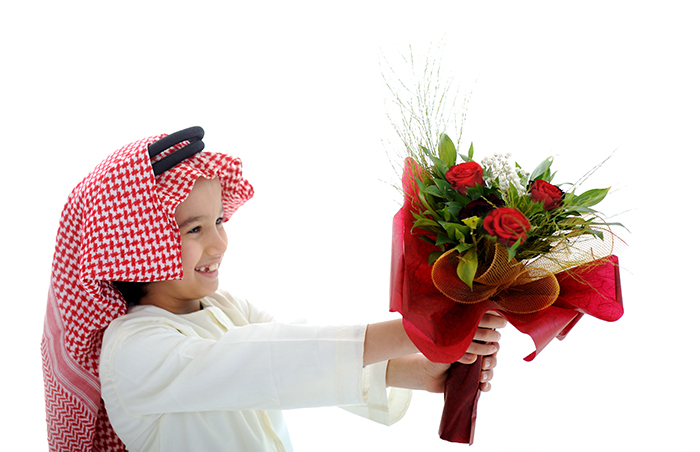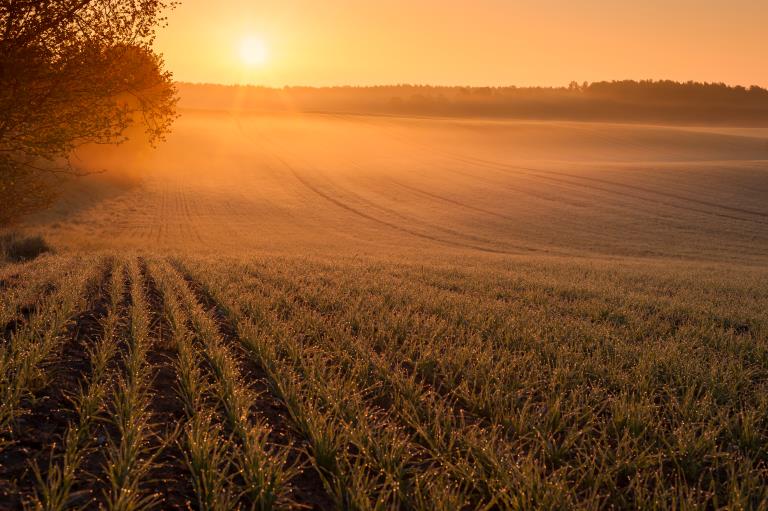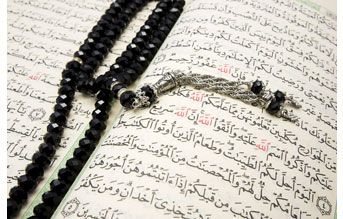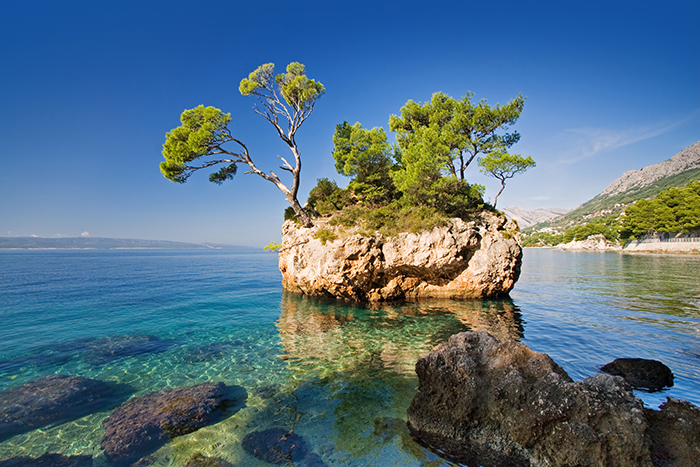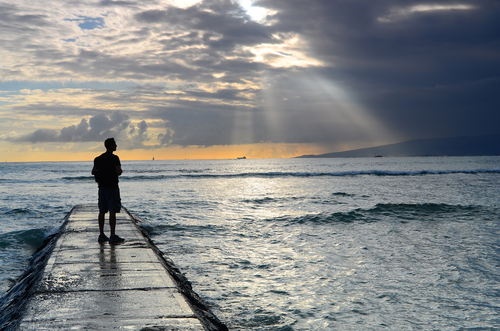Thoughtfulness during Hajj

On Death:
If someone were to tell me that returning from Hajj would lead to me writing a piece about death, I would find it to be a strange comment. People go on Hajj to fulfill a religious obligation to God, to renew their faith in God, and to experience community with Muslims around the world. Death is not the first thing that Hajj brings to mind. Yet, reflecting on death became one of the key lessons I learned during my time in God’s House.
Death is not something I normally reflect on. I am an educator and an aspiring professor, so I spend a majority of my time thinking about the possibilities and potential of youth. I find joy in the quirkiness of my students and hearing the dynamic stories that animate their lives. I am not a stranger to near death experiences, however. In 2013, my father almost passed away from a life threatening condition known as gallstone necrotizing pancreatitis. It is a rare complication in the US, and 1 in 100,000 people develop this condition. The mortality rates are strikingly high. Despite these alarming statistics, my father is still living the good life, a life-affirming testament that miracles do happen in real life.
Yet those 5 days in the hospital when we sat near him, watching him breathing raggedly on a ventilator, with his abdomen sliced open for further surgery, injected a fear of death into my heart. I held my father’s hand, terrified of a future when I would not have my father to listen intently to the events in my life, in a way that only a parent can do. I feared that death would come too early, and my father would not watch me get married or have kids or support me through my adult life. I have never prayed so hard in my life for someone to live. Death was the enemy which had to be vanquished. For that moment, God heard my prayers.
5 years later, I still fear death. I still fear that my parents will die and leave me with a profound loss that will never leave me. I still fear that I will not have my parents with me when I get married, have children, or finish my PhD, God willing. I still fear that I will not be able to cope if my parents pass away before I am ready. These were my fears I had as I performed Hajj with my mother, my brother, and especially, my father by my side. My father too was afraid of performing Hajj. His last direct ancestor to perform Hajj in the mid 1800s, his paternal great grandfather, Haji Sabr Mondol, had been buried at sea on his return home from Hajj. Since then, no other direct ancestor of my father’s had performed Hajj. I think my father feared that if he went on Hajj, he too would die.
Our fears were our companions as we performed Hajj. I tried to concentrate more on my hopes than my fears by asking God or a better life for myself and my loved ones. But I could not avoid the centrality of death in the Hajj rituals. I found myself visiting the graves of deceased Companions of the Prophet (although women are not legally allowed to visit graves in Saudi Arabia because of a fear that women will idolize the dead in a cultish way that is anathema to Islamic monotheism). I found myself praying the janazah (death) prayers after each of the five daily prayers. The janazah prayer commemorates those who die in the name of God. Because of the thousands of people who die while performing Hajj, like my great-great grandfather, the janazah prayer is an institutionalized part of the rituals during Hajj.
Many of the deceased had come to Hajj with the hopes that they would die near the House of Allah (SWT) and go directly to heaven, with their sins cleansed and their hearts pure. In fact, due to old age, extreme heat, physical exhaustion, lack of sleep, lack of proper nutrition, and disrupted medical care, many do achieve this dream of dying during Hajj. The deceased male pilgrims are wrapped in the white towels, the ihram, in which they came ready to stand before God during the Day of Arafat (the day of prayer and absolution).
On the day the Hajj rituals concluded, my father too asked my mother to wash his ihram towels and pack them carefully. These were the clothes he wanted to be buried in when he died.
There was something about his comment that gave rise to all my fears. I was struck by the calm with which he spoke these words. Was he not the same man who had been afraid to perform Hajj, the same man who had come back from near death only 5 years ago? I puzzled over his sense of calm as he faced what seemed to be one of his biggest fears. Along with my puzzlement at my father’s change, I also wondered at how quotidian the janazah prayers became during Hajj. They were part of the everyday rituals, and they were incorporated into the five daily prayers that channel a Muslim’s devotion to God. Why did God command death to be so intimately connected to the rituals of Hajj? Shouldn’t life be the goal and not death? Yet here were people, eagerly looking forward to dying during their pilgrimage.
The only answer that I could muster was that there must be something about death that may be liberating and not just terrifying. Perhaps death becomes easier when believing people understand that death is simply the transition to the Afterlife where they can be reunited with God. It is not that they are not asking God for a good life – they are. But simultaneously, they are also asking Him for a good death. In order to no longer fear death, what comes after it must be as desirous as what came before, perhaps more so because the Afterlife promises an eternity of peace and happiness. Life, in contrast, has too much sadness and loss and regret.
But surely, wanting a return to God doesn’t mean that life isn’t meaningful. There must certainly be moments of fear amidst the pilgrims at the prospect of leaving the world as they know it. And perhaps a profound sadness at leaving their loved ones behind. But what must overcome this natural fear and sadness is the bigger realization that God awaits on the other shore; that if their loved ones believe, they too will be reunited across the waters. This is not a realization that comes easily but one that must take years of believing in a loving God.
Though I still fear the feeling of bereftness that death of loved ones may leave in my life, the pilgrims during Hajj, especially my father, taught me that death is not something to fear. If one is a believer, death is simply a transition to a greater world beyond. Even for those who don’t believe but are good people, surely God must have Mercy for them too.
Making peace with death doesn’t mean that life is not worth living. In fact, death makes life even more precious because it indicates to us how temporary our time with our loved ones on this earth really is. The only thing that makes contemplating death of my loved ones bearable to me is believing that our Love will not end here – it will lead us to God and to the life beyond, God willing.
Since You’re Here… we have a small favour to ask.
In these extraordinary times, millions rely on HOTD for daily uplifting & inspiring content. Established since 2009 and with your kind support we’ve seen readers elevate their Imaan & strive for better on a daily basis. We’re committed to keeping our content freely available and open for all readers. Every contribution, however big or small, makes a difference and help us spread knowledge to millions daily
HOTD is something special, it’s a place where people can come to be inspired, to renew their faith, to learn and share knowledge, to fall in love with our faith and also our Prophet (peace and blessings be upon him and his family).
All content on HOTD is free. We believe what we do in this life builds for the next one and we work tirelessly with the aim to please Allah and inspire the global Muslim community as
well as providing information and inspiration for anyone interested in Islam. We simply cannot do this without your support and your support helps us continue our services.
If there were ever a time to join us, it is now. You can support HOTD and help sustain our future. Support Hadith of the Day and make a one-off donation or give regularly from as little as £10 a month Jazak’Allah Khayr – whatever you donate will come back to benefit you Insha’Allah as whatever is spent in the way of Allah is an investment in the future and the next life. Thank you.


